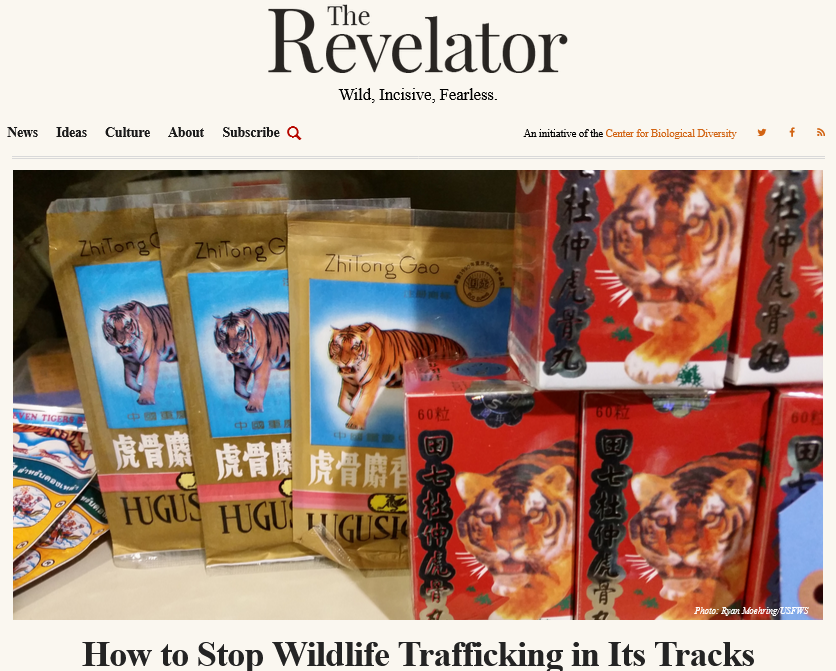The rich countries that fuel demand for wildlife products must step up to fulfill their enforcement responsibilities and support developing countries and vulnerable communities.
Extinction is, after all, bad for business.
The global environmental movement has transformed unrecognizably in the intervening years, becoming a glorious cacophony of diverse voices and priorities. Many of us no longer see the natural world as a reservoir of untapped wealth to be managed and exploited at will but recognize our responsibilities to all living beings who share this planet with us, even as we heat and pollute it.
Despite almost 50 years of CITES efforts, the global wildlife trade is booming, with the legal trade worth at least $107 billion and illegal trafficking as much as one-quarter of this figure.
Wildlife trafficking poses one of the most pressing global threats to biodiversity. It also devastates human communities by fueling organized criminal networks, armed conflict, and other environmentally destructive practices such as illegal mining. In addition, commercial markets in live wildlife — whether the trade itself is legal or illegal — present serious risks of pathogen spillover and epidemics and pandemics of zoonotic origin.
In March the CITES Standing Committee made several encouraging decisions at a meeting in Lyon to enhance international cooperation, reinforce the potential of investigations, and improve the fight against trafficking of multiple species.
But it’s still not enough. If CITES parties are to stop wildlife trafficking in its tracks, there must be a commitment of resources and political will commensurate with the problem. High-income countries must recognize their responsibilities to support both vulnerable communities and overrun states at the front lines of the trade through financial and technical support. They must also face up to their role in markets fueling demand for illegally obtained animals, plants or their products. All actors must be mobilized in this fight, from customs workers to transporters to judicial services and the consumers of wildlife products who are fueling demand.
See our entire article on The Revelator below:

Comments are closed